The applications making use of epoxy-enhanced coatings and paints benefit a wide range of sectors. The most common are construction (including flooring), shipbuilding, water and sewage treatment as well as home appliances. By bringing new performance characteristics to the material they coat or bond, epoxies improve efficiency and enhance technical advantages. Epoxy coatings include:
• Anti-corrosive primers
• Primer tie coats
• Heavy duty intermediates
• Primer finishes
• Abrasion-resistant coatings
• Chemical-resistant tank linings
• Fire-resistant coatings
• Heat-resistant coatings (up to 230ºC)
Industrial and everyday uses
Industrial applications are common in a number of sectors. Epoxies are used as protective and insulating coatings and primers to build ships and other vessels, aircrafts, spacecrafts and satellite systems. Due to their strength, they are used in the renewable energy sector to coat the steel bodies of wind turbine poles as well as to produce their blades, and protect the structures of hydroelectric power stations. Other relevant applications include pipes used for drinking water, waste, oil and gas.
In the construction sector, epoxies are used in structural parts, engineering adhesives and paints to enhance durability, strength and resiliency, guaranteeing longer lifespans and lowering the need for repainting and refurbishment. In applications such as flooring, they help maintain higher hygienic standards, as they allow the use of stronger cleaning agents. When used on materials such as marble, they also improve their aesthetic properties. Lastly, they are also used as fire retardant coatings on commercial and industrial installations.
Epoxies are widely applied as liquid pastes or mortars to coat the floors of shopping malls, hospitals, schools, prisons and industrial buildings.
In the food industry, epoxies can be found in cans and special packaging, where they are used as a lining to protect the contents from corrosion and preserve the original flavour of food.
Household applications
Finally, epoxies are used in household appliances as functional powder coatings, increasing resistance to chemicals, food acids, pollutants, sewage and water as well as protecting from corrosion, harsh conditions and wear and tear.
The most common products which are powder coated are refrigerators, washing machines, tumble dryers, etc. The coatings protect the appliances in any kind of situation, whether by supporting the metal casing to withstand mechanical abrasion, damage from bumps and other impacts or by protecting the machines from the chemicals used to clean them. Thanks to epoxies, appliances purchased today have an extended product service life and improved aesthetics, in comparison to a few years back.
The advantages of powder coatings made with epoxy resins are given by their enhanced performance properties compared to competing materials. The polymer network and the incorporated pigments and additives form a tightly knit three-dimensional network which provides a surface that is able to retain a like-new appearance for an extended period of time.
Did you know?
Construction is the largest end-user sector for epoxy applications in Europe. It accounts for up to 60,000 tonnes of epoxy resins produced annually by ERC members. Europe hosts 3.3 million construction and engineering firms with a combined turnover of €1,556 billion and 10.5 million jobs. Although often used in small quantities, epoxies are largely used by many of these firms as replacements for mechanical fastening.[1]

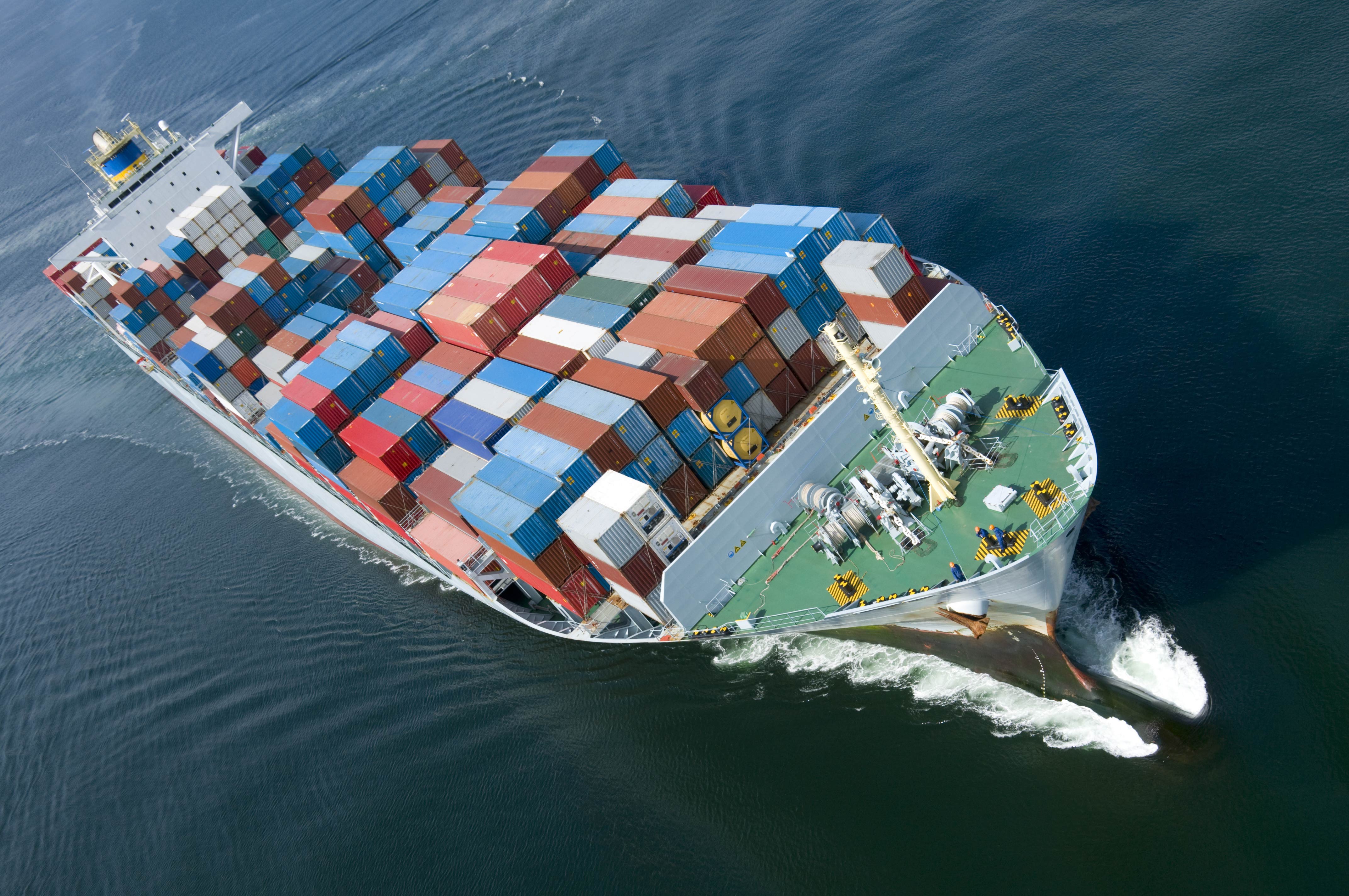
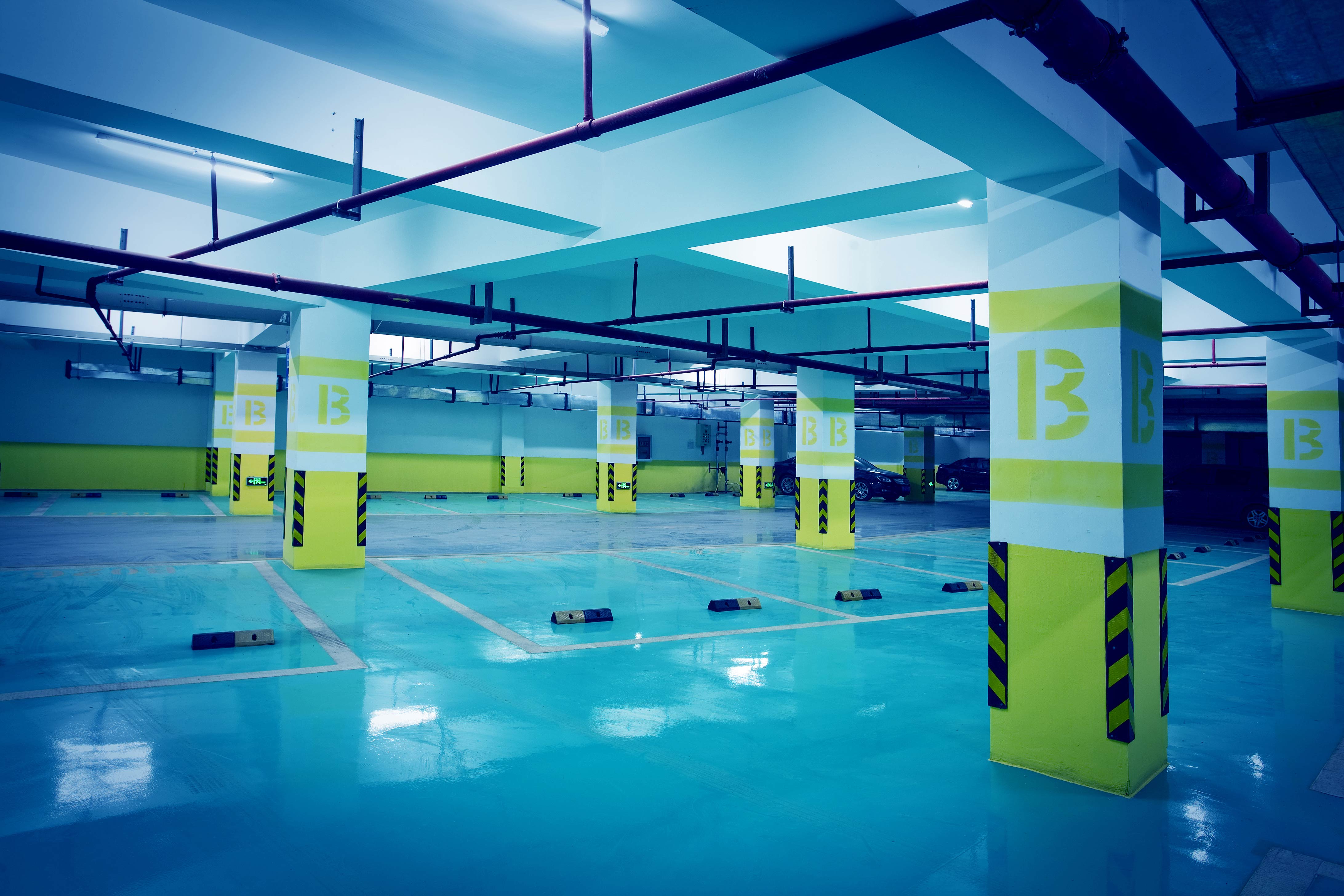

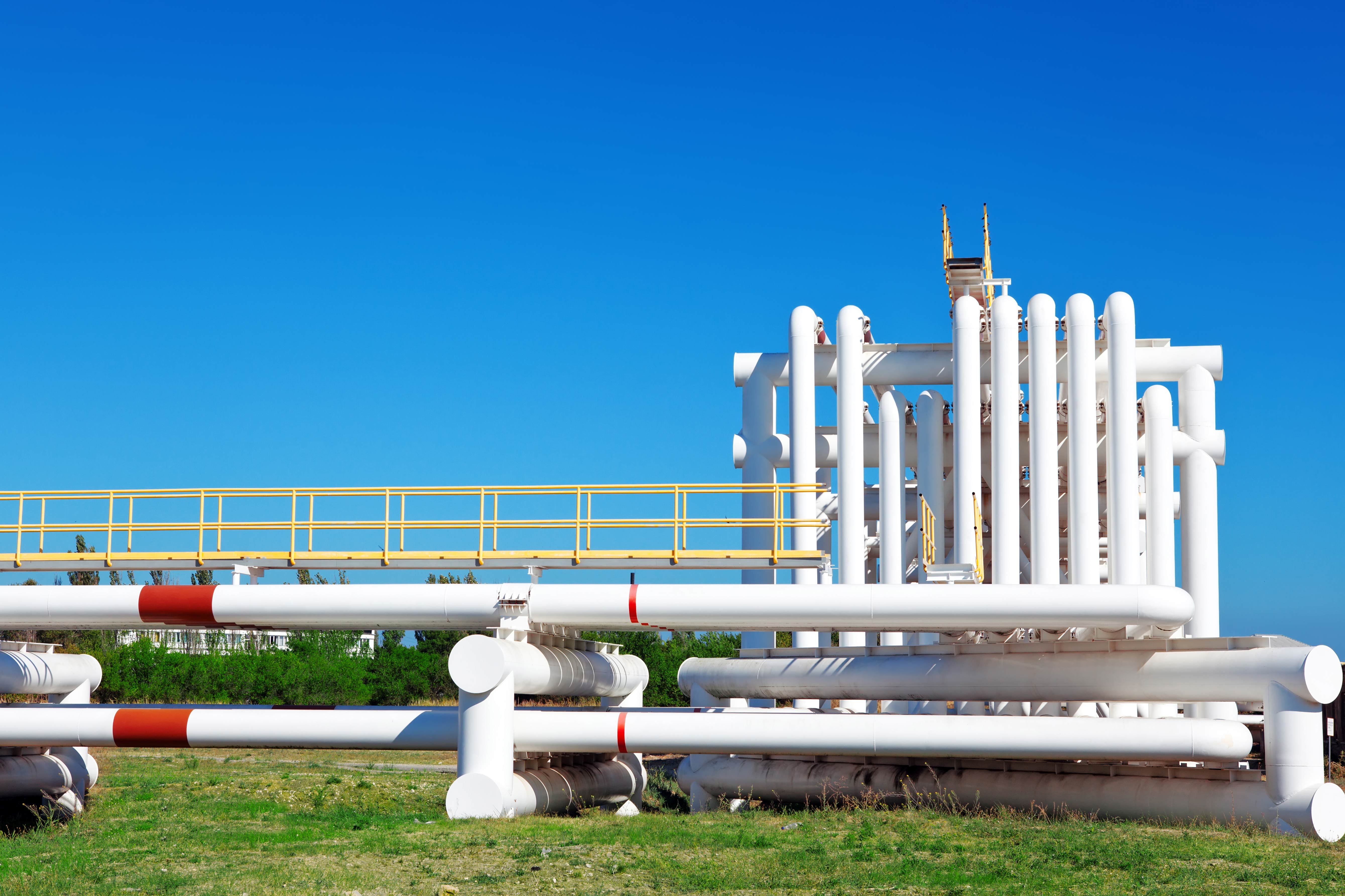
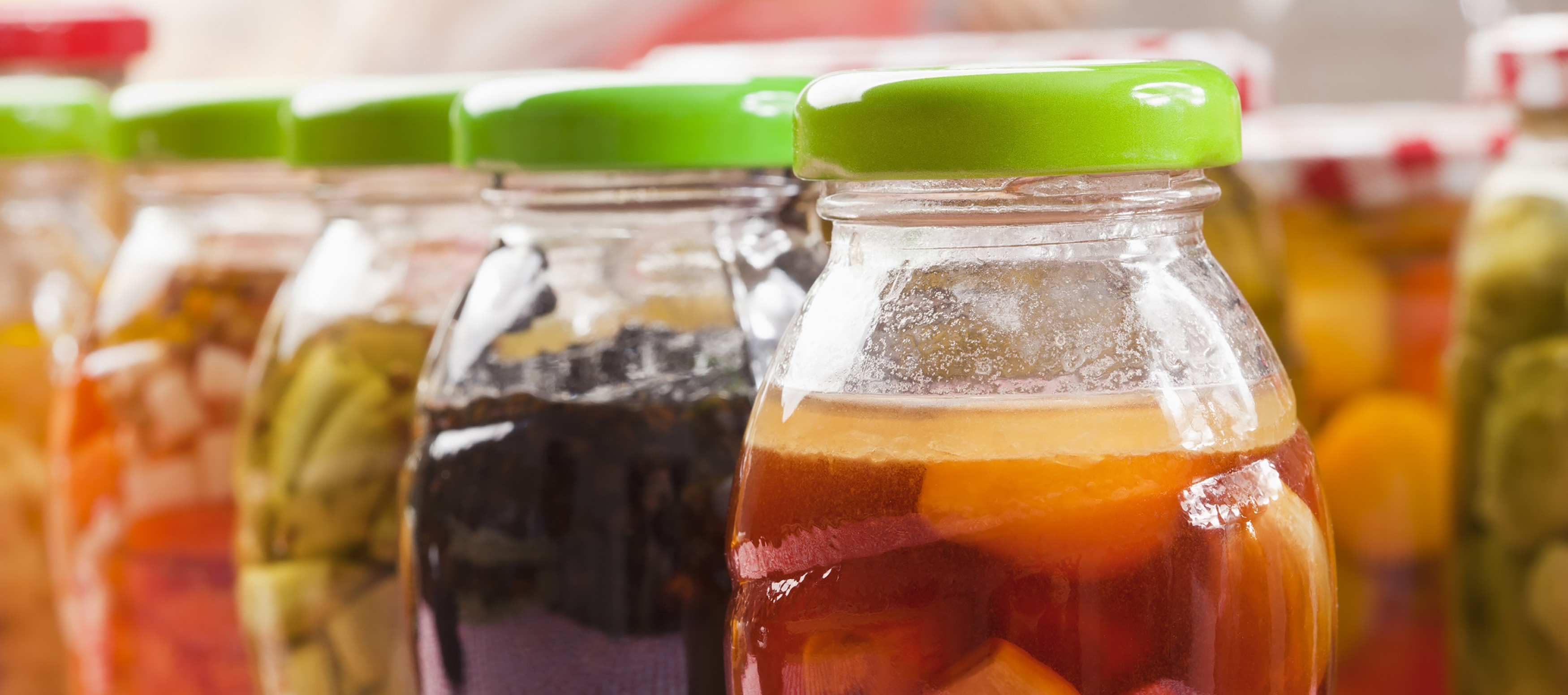

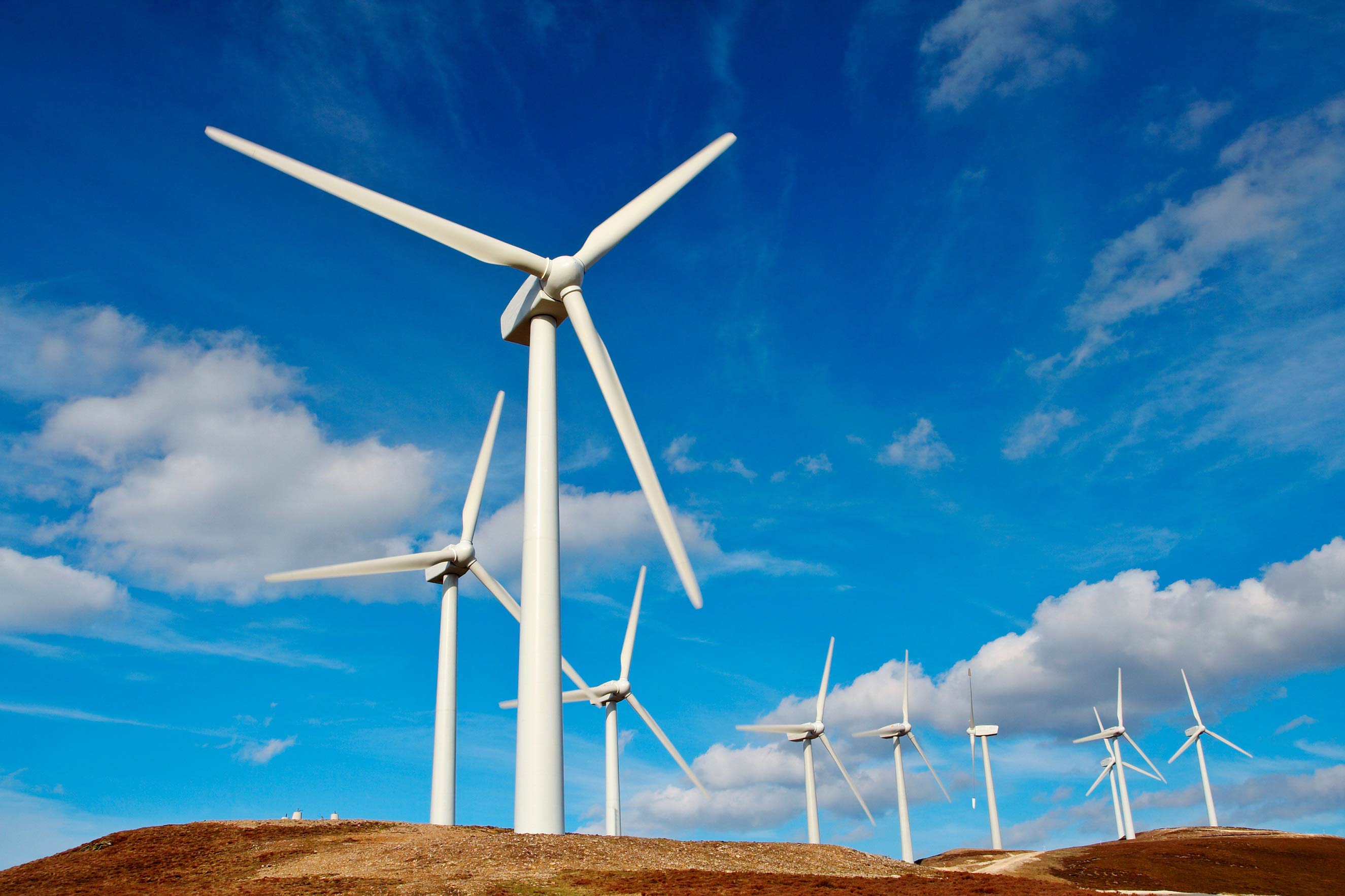

.jpg)